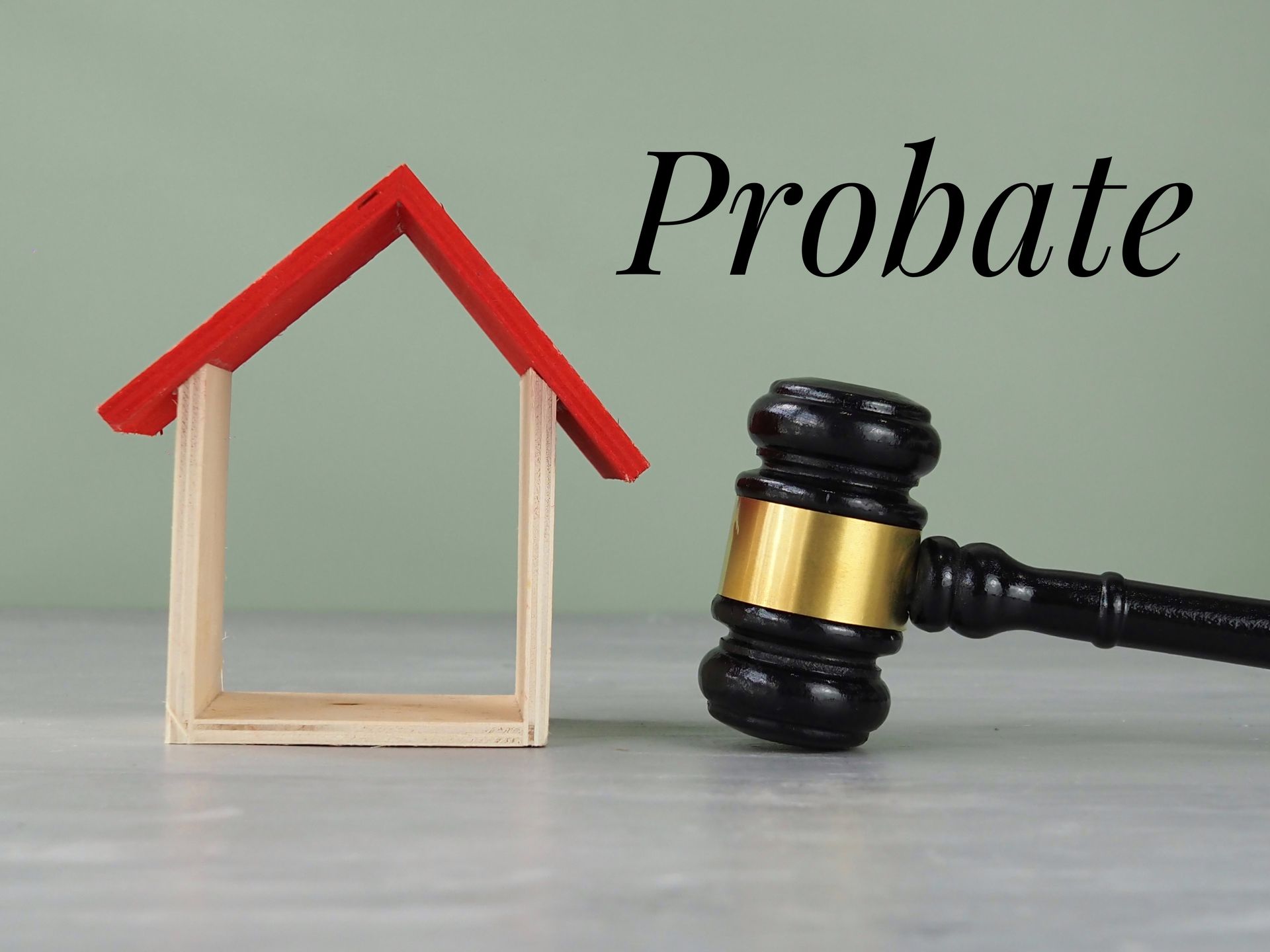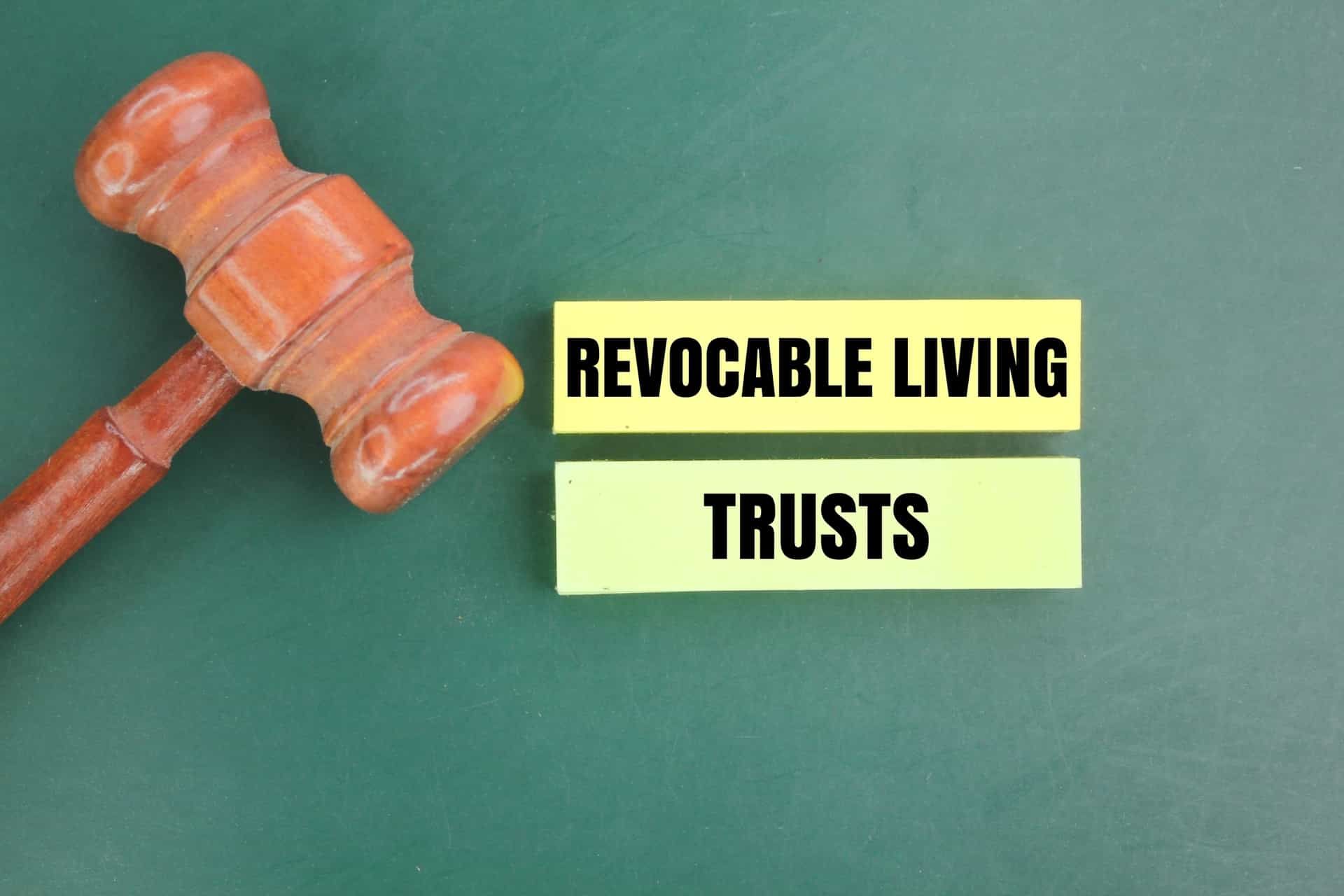What Is Summary Administration In Florida?
You’ve most likely heard that formal probate is a lengthy and costly process. However, this type of probate is not the only one in Florida. In fact, summary administration is available for small estates and represents a significant simplification of the formal probate.
Best of all, it’s also available for estates where the decedent has been dead for over two years and all the creditors have been barred.
Here’s what Florida probate summary administration typically entails.
In Which Cases is Summary Administration Available?
Florida probate summary administration is available for estates that either contain assets valued under $75k or those where the decedent has been deceased for over two years. In other words, there is no cap on the value of the assets if the two-year rule has been met.
Formal administration is a way for creditors of the deceased to recover money owed to them after the death of the individual. Since creditors have only two years to bring any claims against the estate in Florida, all viable creditors will be barred from bringing any further claims after this deadline passes.
Thus, Florida probate summary administration will be available because the probate court won’t have to deal with the formalities of handling creditor matters necessary during a formal administration.
Key Differences Between a Summary and Formal Administration
Even though the end goal of both is the same, there are drastic differences between the two administrations, with the biggest ones being:
1. Overall Length
Florida probate summary administration is a lot faster than formal administration. On average, most summary administrations close between one and two months. In contrast, formal probate may take six months and over a year with larger estates.
Why such a difference?
As stated previously, summary administration simply doesn’t call for a lot of the formalities mandatory during formal probate proceedings. As such, summary administration is a perfect solution if the decedent has no creditors or the majority of the assets in the estate are considered exempt.
2. Lack of Personal Representative
With Florida probate summary administration, a personal representative won’t be required to administer the estate. Because there are no assets to be administered and there are no creditors, the court can simply distribute the assets in accordance with the will or the Florida intestacy laws.
3. Lower costs
Due to the fact that the summary administration is a lot faster, the associated attorney fees will be lower when compared to a formal probate. Most attorneys will also charge a flat fee when filing a petition for summary administration.
How Are Creditors Dealt With in Summary Administration?
If the person has been deceased for less than two years and has no creditors, then summary administration will be an ideal way to distribute the assets. In cases where the assets don’t exceed $75k, the petitioner can file an Affidavit, where they take on any liability for claims brought before the two-year mark. Alternatively, they can file a Notice to Creditors to forbid any creditors from bringing forth claims against the estate.
However, if the decedent had plenty of creditors, the summary administration may not be worth it.
When filing a petition for this type of probate, you certify that you made a search and inquired into any known or unknown creditors and that all creditors are barred, the estate is not in debt, or if there are debts, the provisions for payments are clearly outlined. So if any creditors end up filing a claim, the judge may be required to convert the summary proceedings into a formal administration process.
What Property is Considered Exempt in a Summary Administration?
In short, exempt property won’t be counted toward the $75k cap in the Florida probate summary administration process. This property includes the homestead property of the decedent (used as a primary residence), as well as furniture, appliances, and furnishings that add up to the value of $20k. Moreover, two motor vehicles will also be considered exempt.
To establish a homestead property along with the Petition for Summary Administration, it’s necessary to also file a Petition to Determine Homestead Status of Real Property. The latter document will also be accompanied by a tax bill and an affidavit that states under oath that the decedent is a resident of the property.
Afterward, the court will make a determination that the property in question is to be categorized as a homestead property, and the property can then freely pass to the beneficiaries while being exempt from any creditor claims.
A similar process has to be followed for other exempt assets and will require filing a Petition Determining Exempt Property.
How Much Will a Probate Attorney Cost?
According to state law, beneficiaries aren’t required to hire an attorney for a Florida probate summary administration. Still, this doesn’t mean you should enter the court process without legal guidance. As a petitioner on behalf of the estate, you need to be aware of all the legal requirements of the summary process and have the knowledge to administer the estate effectively.
Fortunately, the attorney fees for a summary administration are relatively affordable. Keep in mind that the price will depend on a multitude of factors, some of which include:
- Value and the quantification of assets
- Number of beneficiaries
- Number of valid creditors
- Whether the beneficiaries are in agreement
Ensure a Smooth Summary Administration
Although not as complex as a traditional probate process, a summary administration is no walk in the park either. You’ll have to file multiple petitions for the administration to end in due time, and that’s nothing compared to unpredictable circumstances that may arise.
For example, third parties could get involved, and depending on the family dynamics, there’s a high probability that family disputes may rear their ugly head. These are just some of the issues that may shift the trajectory of the proceedings and cause the summary administration to grind to a halt.
To protect the estate from these events and ensure a smooth summary administration, hire a probate attorney from
Doane & Doane, PA. We have over twenty years of experience handling sensitive estate matters and are well-equipped to handle any challenge that comes your way in the process - at a reasonable price.
Call
561-656-0200 or fill out our
contact form to schedule an appointment.
Note:
The information in this blog post is for reference only and not legal advice. As such, you should not make legal decisions based on the information in this blog post. Moreover, there is no lawyer-client relationship resulting from this blog post, nor should any such relationship be implied. If you need legal counsel, please consult a lawyer licensed to practice in your jurisdiction.
Disclaimer: The information on this website and blog is for general informational purposes only and is not professional advice. We make no guarantees of accuracy or completeness. We disclaim all liability for errors, omissions, or reliance on this content. Always consult a qualified professional for specific guidance.
RECENT POSTS






